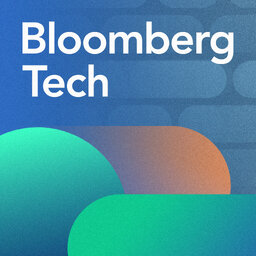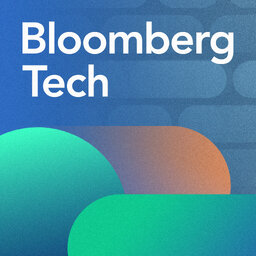Tech Selloff and Apple's Game Plan
Bloomberg's Ed Ludlow, in for Emily Chang, breaks down why a major selloff hit tech and the markets at large - with levels unseen since 2020. Plus, a look at how Apple is eating away at TV's most coveted asset: sports.
In 1 playlist(s)
Bloomberg Tech
The only daily news program focused exclusively on technology, innovation and the future of business…Social links
Follow podcast
Recent clips

Trump Wants Big Tech to Pay for Power
46:45

TSMC Forecast Lifts Peers on Robust AI Demand
43:37

US Eases Path for Nvidia to Sell H200s to China
44:16
 Bloomberg Tech
Bloomberg Tech